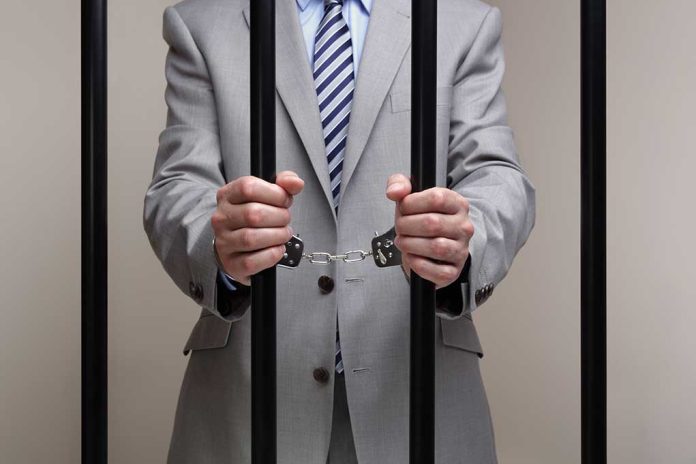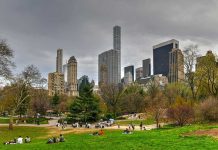
The arrest of South Korea’s President Yoon Suk Yeol marks an unprecedented moment in the nation’s political history.
At a Glance
- President Yoon Suk Yeol is the first sitting South Korean president to be arrested.
- The arrest followed a failed martial law declaration on December 3.
- Yoon’s impeachment has led to his suspension pending a Constitutional Court decision.
- The arrest operation involved significant resistance from Yoon’s security forces.
Unfolding Anti-Corruption Operation
Anti-corruption investigators in South Korea successfully arrested President Yoon Suk Yeol, a first in the history of the country. The arrest comes after weeks of attempts to evade capture. The dramatic arrest concluded a tense face-off between investigators and his protective security detail. Officers scaled barricades and cut through barbed wire to apprehend the president.
Yoon faces charges related to insurrection after he attempted to declare martial law on December 3. His rushed declaration cited an “anti-state” opposition, stirring considerable political turmoil. His legal advisors argue the arrest is illegal, raising jurisdictional disputes.
Reacting to Yoon’s Arrest
The impeachment of Yoon through a parliamentary vote precipitated his suspension as president. Finance Minister Choi Sang-mok currently serves as acting president following the impeachment of the previous acting leader. As the Constitutional Court begins its trial to decide Yoon’s permanent removal, supporters and opponents staged protests outside the Central Investigation Office. Demonstrations underscored the political polarization within South Korea.
“The arrest is the first step toward restoring constitutional order, democracy, and the rule of law,” affirmed National Assembly Member Park Chan-dae.
The arrest underscored the nation’s deepening political divide, culminating in intense protests from both Yoon’s advocates and critics. Supporters have camped outside his residence, some adamant about defending him, and have spread conspiracy theories lamenting their belief in the collapse of the “rule of law.” Meanwhile, the government continues to face international scrutiny while determining Yoon’s fate.
Ramifications and Future Implications
With Yoon’s arrest comes the imperative task of reconciling the strife-laden South Korean political landscape. As the Constitutional Court embarks on proceedings that could permanently remove Yoon, many speculate over the long-term impacts on South Korea’s governmental stability. Experts anticipate legal procedures observed internationally, posing significant repercussions for political dynamics domestically and abroad.
“I decided to appear before the CIO, even though it is an illegal investigation, in order to prevent any unsavoury bloodshed,” Yoon asserted defiantly before his arrest.
Yoon’s conclusive arrest mandated decisive and tactful execution from authorities. Protests from his vocal supporters have strained potential resolutions, making future negotiations challenging amid rising tensions. His future remains uncertain, with potential consequences ranging from life imprisonment to lesser punitive measures while promising significant scrutiny both domestically and internationally.
Sources:
- Yoon Suk Yeol: South Korea impeached president arrested after investigators scale walls
- Why did it take so long to arrest South Korean president Yoon Suk Yeol? | The Independent
- South Korean President Yoon Suk Yeol faces new arrest attempt in fortified compound







